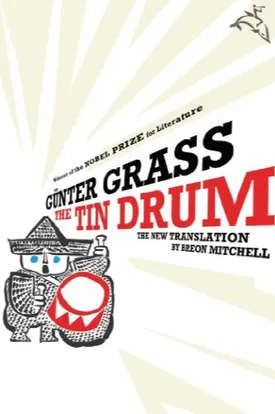Günter Grass
Günter Grass is one of Germany’s most well-known writers, one who has been lauded for his works of fiction, poetry, and other genres on the world stage. He is a man who has seen his work translated into several languages and has been the subject of numerous debates and discussions regarding his artistic and political views. Grass is widely recognized as the most prominent representative of post-war German literature, having earned the Nobel Prize in Literature in 1999 and the Georg Büchner Prize in 1966.
Grass was born in 1927 in Danzig, Germany (now Gdańsk, Poland). After the war, he studied painting and sculpture at the Düsseldorf Academy of Arts and then went on to study literature in what is now the University of Bonn. He was also a member of the literary group Gruppe 47, which included authors such as Heinrich Böll and Hans Werner Richter. Grass was a member of the Social Democratic Party, and the causes he supported often were reflected in his works. His first novel, The Tin Drum, was published in 1959 and announced Grass’ place as a powerful and influential author in the West German literary world.
The Tin Drum was what defined Grass' style and ideology. This novel follows Oskar Matzerath, a three-year-old who refuses to grow up as a way of protesting his own powerless state in Nazi Germany. The novel is humorous and satirical, while still conveying a darkness that is ever present. Grass' writing style mixes metaphor and symbolism in a way that makes the reader think beyond the surface level.
Following The Tin Drum, Grass continued to write works that explored social and political issues. His other novels such as Dog Years show the effects of war through an individual's experience and the impact of politics on everyday life. Likewise, his poetry collection, What Must Be Said, examines the dangers of nuclear energy and the horrors of the Cold War. His works often display a strong anti-war sentiment, reflecting the chaos and destruction of war and its aftermath.
One of Grass' more recent works, My Century, is a compilation of 100 short stories, each focusing on a different year in the 20th century. With topics ranging from the rise of Nazism to the fall of Communism, Grass experienced first-hand the entirety of the 20th century and it shows in his writing. This work ultimately showcases Grass' vast insight into the world and its events, while capturing his thoughts and emotions regarding historical periods.
The works of Günter Grass have enlightened numerous readers over the years. His style is unique and the topics he tackles are often controversial and thought-provoking. His characters are flawed yet sympathetic, and by looking into the life stories of these people readers can begin to understand the world around them. With his strong writing, Grass has changed the way we view history, being a leader in literature of the German post-war period.

